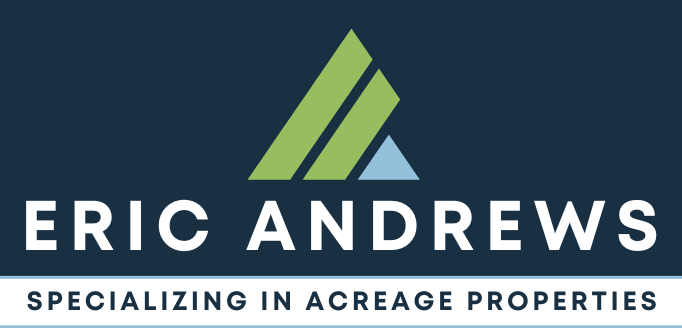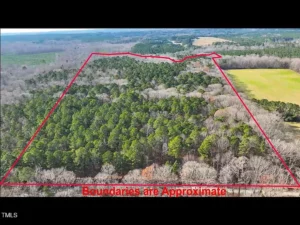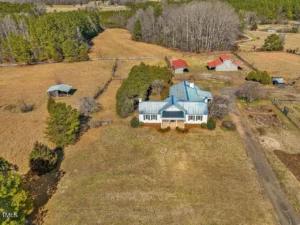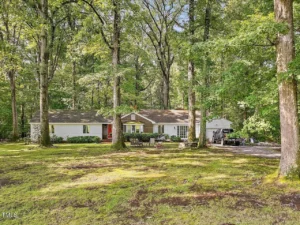In this video, Eric Andrews explains how people with a road maintenance agreement in a subdivision would get a road NCDOT approved. Spoiler: It’s easier said than done. While this applies to all areas of North Carolina, we focus on Chatham County in this video.
Speaker 1: Can and how do you make a private road public in North Carolina?
Speaker 2: It’s not easy. And it’s become more difficult with the 06- 07 crash because so many developers said that they were making public roads, but then they didn’t complete them, or they didn’t make those roads to public standards, and they went bankrupt or fell to the wayside. So one of the things you need to know is you have to get public road approval. But DOT doesn’t say, “Oh great! You have public road approval, and we’re going to come in and make the road for you.” No, they don’t do that. The developer has to put in the road to NCDOT standards and then that road is evaluated to make sure that it is to their standards. 99% of the time, it’s not. And they tell you a list of things that you need to do, and then they will adopt it.
The other standard that’s common with North Carolina DOT is that a neighborhood has to be 80% built out before DOT will come in and make the roads public. So we had a very interesting situation. Our Chapel Ridge Golf subdivision. That’s a private road. They wish to make that into a public road. And I looked at the roads, and I was like, “that’s not going to happen.” They’re too steep, and they have too many turns, and those are never going to go public. The HOA ended up hiring an engineer, spent several thousands of dollars, and the engineer came back and said, “Nope. Road’s too steep. It has too many turns.” And one of my agents was at that meeting, and she stood up and said, “My! Principal Broker! You didn’t have to tell.” So it has to meet a lot of qualifications.
There’s a situation that we’re in now, also in Chatham County. Bobcat Point’s a very popular subdivision, large acre subdivision. Well, that developer said, “These are public roads. Years and years have gone by, and the road doesn’t meet public road specifications.” Some of which were because of the developer, but some of which are also because of the people that live in the subdivision now. So they’ve planted shrubbery in the right of way. They have mailboxes in the right of way. They have statues in the right of way. They have the culverts that were used… That divides the driveway to the road. Those have to be to DOT standards. And if they’re not, the road doesn’t get approved. The asphalt might not be thick enough. The road might not be wide enough. There’s many, many things that have to happen before North Carolina says, “Okay, yes. We will adopt these roads and make them our responsibility.”
So it’s not as easy as people think. There’s a lot of hoops to jump through. There are some benefits to private roads as well. As a private road, you charge a HOA fee or road mates agreement fee. And you don’t wait until Raleigh says, “Okay, it’s time to repave this road.” If it’s part of your own subdivision, you say, “You know what? We got enough money in the coffers. We’re going to repay the road.” So it’s a mixed bag.
